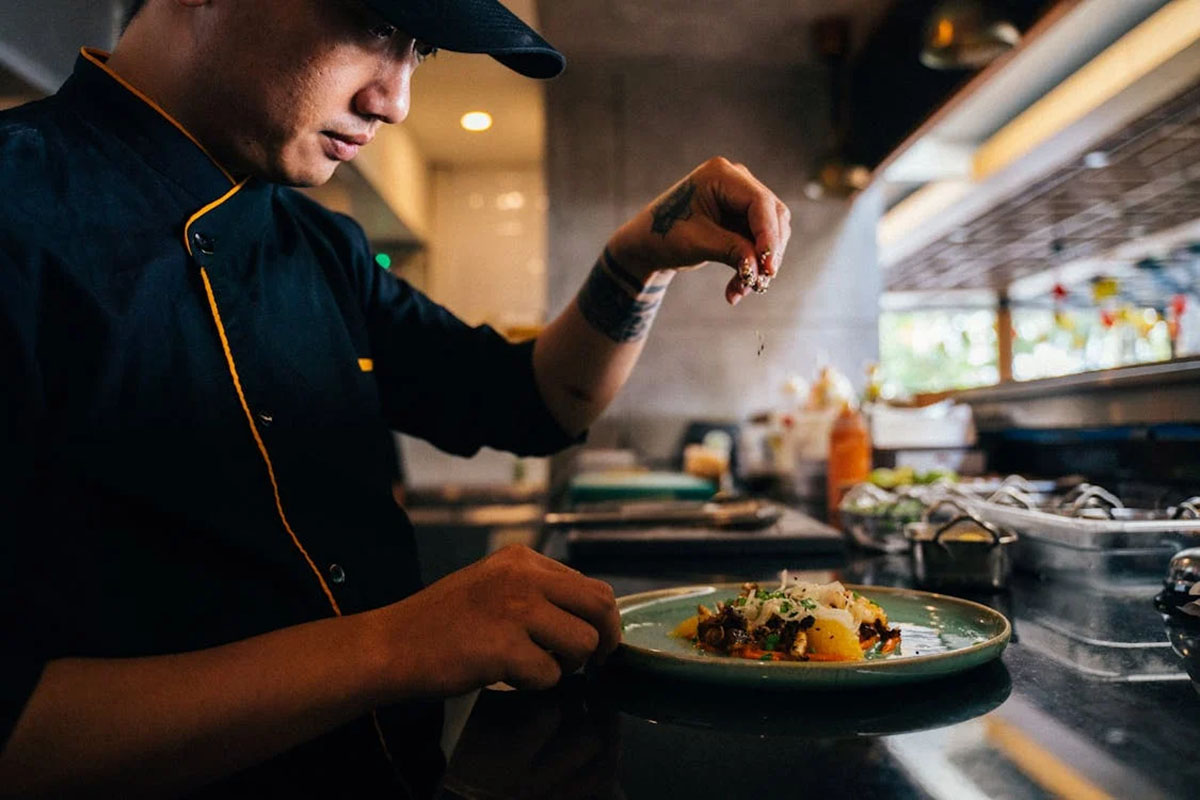There has long been a debate in the world of culinary arts about whether young chefs should work in a professional kitchen before opening their own restaurants. While conventional wisdom supports acquiring experience through both formal culinary arts programs and practical experience in a professional kitchen, the evolving gastronomic landscape introduces fresh perspectives on the significance of prior kitchen exposure in the context of future restaurateur aspirations.
The Traditional Argument: Valuing Kitchen Experience
A culinary career involves a blend of skills learned through culinary education and the boldness needed to navigate the competitive restaurant industry. Traditional views emphasize the benefits of working in professional kitchens, where chefs gain foundational knowledge, technical skills, and an understanding of kitchen dynamics. However, success in the restaurant business relies not only on past kitchen roles but also on creativity, determination, and innovative thinking.
Working in a professional kitchen provides valuable lessons in culinary techniques, discipline, and appreciation for food art. While this experience is beneficial, there are successful chefs who have achieved culinary excellence without extensive kitchen backgrounds. They rely on passion, creativity, and a unique culinary style to make their mark in the culinary world.
The Modern Perspective: Beyond Kitchen Walls
While traditional kitchen experience remains invaluable, modern chefs are challenging conventional norms by exploring alternative paths to entrepreneurship. One of the most popular ways of doing this would be through pop-up dining experiences or cloud kitchens. For young culinary entrepreneurs, these innovative spaces serve as a dynamic testing ground and proof of concept, enabling them to experiment with diverse cuisines, refine their menu offerings, and establish a loyal customer base in a cost-effective manner.
Striking a Balance
Ultimately, the decision of whether to gain experience in a professional kitchen before opening a restaurant as a chef is a personal one, influenced by individual goals, aspirations, and circumstances. While kitchen experience offers invaluable practical knowledge and mentorship, formal culinary education can provide a holistic understanding of the culinary arts and business aspects of the industry. Aspiring chefs are encouraged to strike a balance between hands-on experience, mentorship, and academic learning, leveraging all three to carve their unique culinary path.

 menu
menu